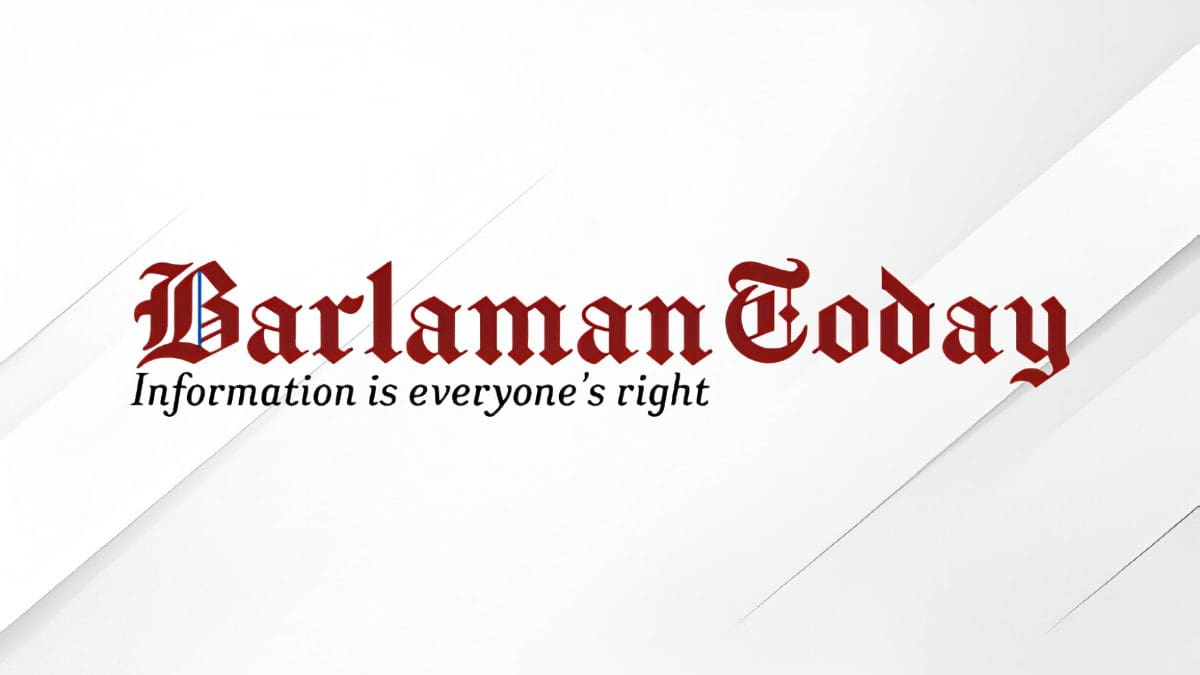A group of 31 prominent Israelis, including artists, academics, and former high officials, has urged the international community to impose crippling sanctions on Israel over its blockade and intentional starvation of Gaza.
In a striking letter to The Guardian, the signatories accused Israel of “starving the people of Gaza to death and contemplating the forced removal of millions of Palestinians from the strip.” They called on global powers to act, saying: “The international community must impose crippling sanctions on Israel until it ends this brutal campaign and implements a permanent ceasefire.”
The letter’s signatories include Yuval Abraham, an Academy Award winner; Michael Ben-Yair, former Israeli attorney general; Avraham Burg, former Knesset speaker and ex-head of the Jewish Agency; and several recipients of the Israel Prize, the country’s highest cultural honor.
The list also features painter Michal Na’aman; filmmaker Ra’anan Alexandrowicz; Lebanon director Samuel Maoz, who won the Venice Film Festival’s Golden Lion; poet Aharon Shabtai; and choreographer Inbal Pinto. These figures come from diverse sectors, including poetry, science, journalism, and academia.
The statement breaks a long-standing political taboo in Israel by calling for international sanctions. Israeli laws have targeted those who advocate for boycotts or similar measures, making the move by these public figures especially significant.
The letter comes amid growing global horror over Israel’s ongoing siege of Gaza, where starvation has become widespread. According to Gaza’s health ministry, more than 60,000 Palestinians have been killed in the 21-month-long war.
On Monday, two respected Israeli human rights groups, B’Tselem and Physicians for Human Rights Israel—declared for the first time that Israel is pursuing a “genocidal” policy in Gaza. Their statements broke another taboo within Israeli civil society.
Inside Israel and across the global Jewish diaspora, public unease is rising as images circulate of emaciated Palestinian children and reports emerge of Israeli forces shooting hungry civilians near food distribution sites.
On Sunday, the Reform movement in the US, the largest Jewish denomination in the country, directly blamed the Israeli government for the deepening famine in Gaza.
“No one should be unaffected by the pervasive hunger experienced by thousands of Gazans. No one should spend the bulk of their time arguing technical definitions between starvation and pervasive hunger,” the Jewish-American movement stated. “The situation is dire, and it is deadly. Nor should we accept arguments that because Hamas is the primary reason many Gazans are either starving or on the verge of starving, that the Jewish state is not also culpable in this human disaster.”
“Blocking food, water, medicine, and power – especially for children – is indefensible,” it added. “Let us not allow our grief to harden into indifference, nor our love for Israel to blind us to the cries of the vulnerable. Let us rise to the moral challenge of this moment.”
Earlier this month, former Israeli Prime Minister Ehud Olmert told The Guardian that Defense Minister Yoav Gallant’s plan to build a “humanitarian city” on the rubble of Rafah would be a concentration camp. He said forcing displaced Palestinians into it would amount to ethnic cleansing.
Prime Minister Benjamin Netanyahu and other Israeli officials continue to deny there is famine in Gaza, even while at the same time paying lip service to coordinating with other countries to address the situation. But their claims contradict data from the UN-backed Integrated Food Security Phase Classification system, which confirms widespread starvation.
In striking remarks after seeing photos of emaciated children, even US President Donald Trump acknowledged the reality of “real starvation” in Gaza.
The Israeli government has not yet responded to the letter or the statements made by the human rights groups and Jewish organizations.

